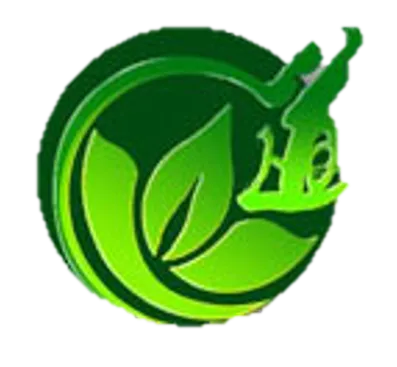Irritable bowel syndrome
Understanding Irritable Bowel Syndrome (IBS): A Chinese and Western Medicine Perspective
Soothing the Gut, Calming the Mind—Naturally
Irritable Bowel Syndrome (IBS) is a functional digestive disorder that affects the large intestine. It’s a common condition that can cause a significant impact on quality of life, yet it often goes undiagnosed or misunderstood.While Western medicine views IBS as a long-term condition without a cure, Traditional Chinese Medicine (TCM) sees IBS as a sign of deeper disharmony between the digestive organs, emotions, and nervous system. Treatment focuses on relieving symptoms and restoring balance from the inside out.
🔹 What Are the Symptoms of IBS?
Abdominal pain or cramping
Bloating and gas
Diarrhea, constipation, or alternating between both
Urgency after eating
Mucus in the stool
Relief of pain after bowel movements
Often worsened by stress, certain foods, or hormonal shifts
Western medicine typically manages IBS with dietary changes, fiber, antispasmodics, antidepressants, or probiotics, but many patients still struggle with recurrent symptoms.
🔹 How TCM Understands IBS
In Chinese medicine, IBS is often diagnosed under patterns like “abdominal pain,” “diarrhea,” “constipation,” or “distention”. The condition is seen as a result of disharmony between the Liver and Spleen, and sometimes a deficiency of Kidney or Qi.Common TCM patterns include:
Liver Qi Stagnation overacting on the Spleen → Stress-induced symptoms, bloating, cramping, loose stools, mood swings
Spleen Qi Deficiency → Fatigue, poor appetite, loose stools, abdominal heaviness
Cold in the Intestines → Pain relieved by warmth, watery diarrhea, cold hands/feet
Damp-Heat in the Intestines → Urgent stools, mucus in the stool, foul odor, bloating
Kidney Yang Deficiency → Early-morning diarrhea, cold limbs, fatigue, back soreness
Rather than offering a one-size-fits-all solution, TCM aims to restore balance among the digestive organs, improve bowel regularity, and soothe the nervous system.
🌿 Chinese Medicine Treatments for IBS
✅ Acupuncture
Acupuncture has been shown to:
Regulate intestinal motility
Reduce cramping, gas, and bloating
Calm the nervous system and reduce stress response
Support the Liver and Spleen organ systems
Relieve emotional tension (a major trigger for IBS)
✅ Herbal Medicine
Herbal formulas are tailored to each person’s specific pattern. They may:
Move Liver Qi and relieve stress
Strengthen the Spleen and improve digestion
Warm the intestines and dispel Cold
Clear Damp-Heat and stop diarrhea
✅ Diet & Lifestyle Guidance
In TCM, food is medicine. IBS management may include:
Eating warm, cooked meals (avoid raw, cold, greasy, or spicy foods)Regular meal timing and chewing thoroughly
Stress reduction techniques (tai chi, breathing, meditation)Avoiding overwork and getting adequate rest
✅ ZiQia Self-Consistent Medicine System
At our clinic, we use Dr. Pan Xiaochuan’s ZiQia System, which combines pulse-based diagnosis and constitution-specific herbal therapy. With carefully balanced morning and evening herbal formulas, we help regulate digestion, calm the gut-brain axis, and provide long-term relief without dependency on medications.
💬 Rebalance Your Digestion—Naturally
IBS can be frustrating, unpredictable, and exhausting—but it doesn’t have to control your life. Chinese medicine offers a safe, drug-free, and personalized approach to managing IBS, restoring digestive harmony, and improving daily comfort.Whether you suffer from bloating, diarrhea, constipation, or emotional stress tied to gut health, we’re here to help you find lasting relief—from the inside out.
